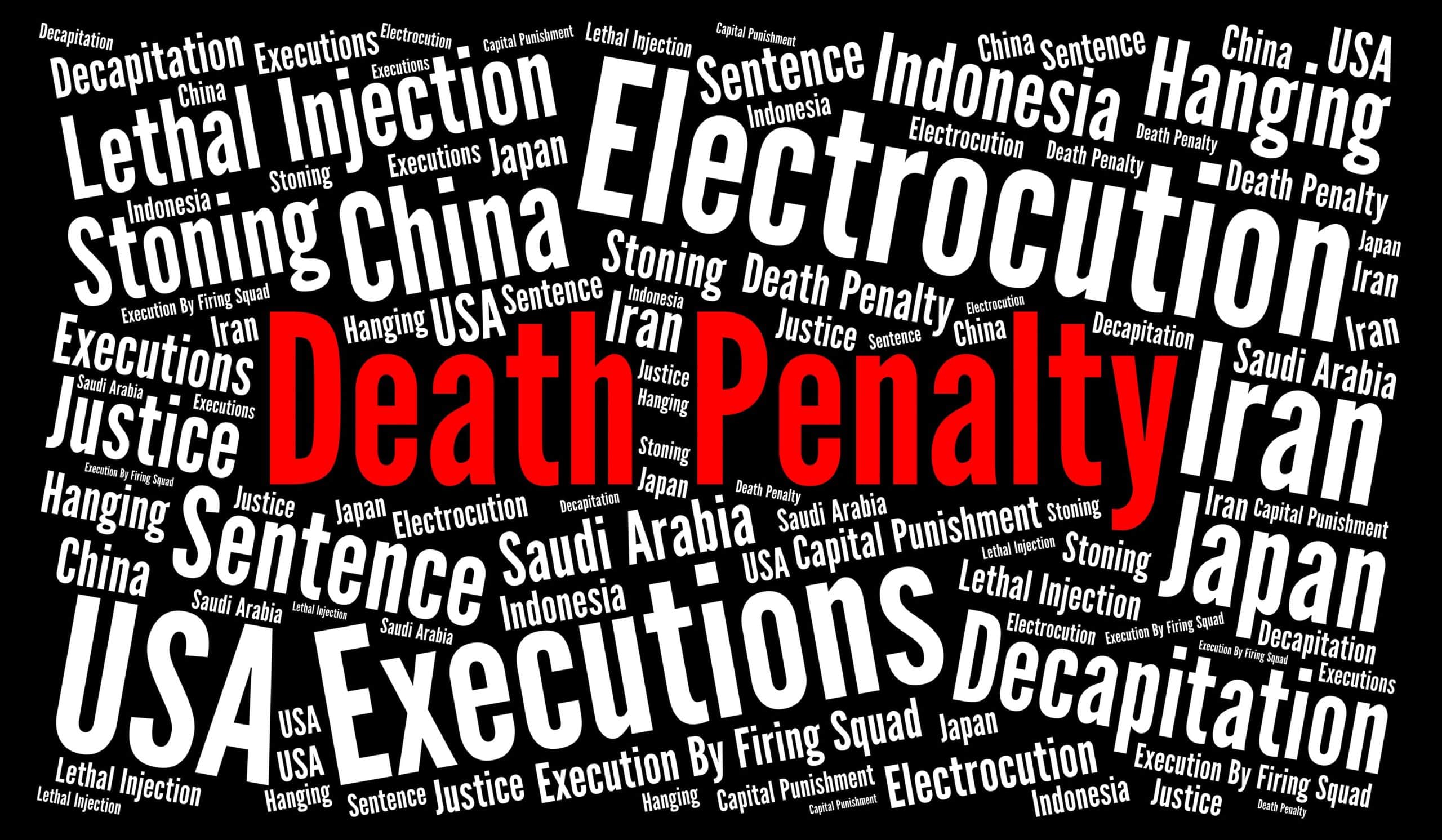- Home
- THE FIRM+
- Criminal Defense+
- CASE RESULTS
- AREAS WE SERVE+
- FAQ’s
- Blog
- Contact
AZHARI LLC BLOG

Posted By: Sami Azhari
Category:
A capital crime involves a particular type of punishment: namely, the death penalty. Most often, capital crimes are assigned for murder convictions, but several other situations may warrant the death penalty as well.
Just not here in Illinois.
The history of capital crimes has always been controversial. On one side, people hold to the belief that the punishment of death is unnatural and cruel. On the other side, people believe that the government holds the right to inflict the death penalty, and that in some cases it may be a less severe form of punishment than solitary confinement or hard labor.
Since 2011, no death penalties have been carried out in the state of Illinois. Governor Pat Quinn even signed a bill that abolished the death penalty. Before that, when Governor George Ryan was in power in 2000, he enforced a moratorium on the Illinois death penalty due to fears of executing innocent people. He cited that the system was negatively affected by weak defenses and false convictions.
Before Gov. Ryan’s moratorium went into effect, however, the state of Illinois executed 360 people between 1779 and 2000. Until 1928, hanging was used as the primary form of capital punishment. Between 1928 and 1962, electrocution was the primary method. No one was executed between 1962 and 1990, when lethal injection became the method of choice. The last execution in Illinois occurred in March 1999.
However, current federal law states that a defendant can face the death penalty for 41 different offenses. Most crimes involve murder, though some involve crimes against the state. The defendant must be 18 years or older to be sentenced with the death penalty.
Federal Offenses That Can Currently Result in the Death Penalty
Here is a list of the different offenses as listed in the federal statutes:
- Murder in the first degree
- The assassination of or kidnapping that results in the death of the President or Vice President
- Murder committed by an immediate family member of law enforcement officials, made in retaliation
- Murder of a Supreme Court justice, member of Congress, or other executive official
- Murder of a law enforcement official or federal judge
- Murder of a state or local law enforcement official, state correctional officer, or one aiding in a federal investigation
- Murder of a foreign official
- Murder committed in a facility of federal government
- Murder of a juror or officer of the court
- Murder committed with the intent of preventing victim, witness, or informant testimony
- Murder in retaliation to the murder of a victim, witness, or informant
- Murder in relation to a continuing criminal enterprise, or the related murder of any federal, state, or local law enforcement officer
- Murder of a US citizen in a foreign country
- Terrorist murder of a US citizen in a foreign country
- Murder with a firearm during a violent crime or a drug-trafficking crime
- Murder committed by a federal prisoner
- Murder committed by a federal prisoner who escaped, and who was already sentenced to life imprisonment
- Murder while kidnapping
- Murder while taking someone hostage
- Murder in connection with torture
- Murder related to alien smuggling
- Murder related to drive-by shootings in drug crimes
- Murder at an international airport
- Death that results from hijacking an aircraft
- Murder by the use of a weapon of mass destruction
- Murder for hire
- Murder in connection with racketeering
- Intentional wrecking of a train which results in death
- Murder related to a bank robbery or kidnapping
- Murder in connection with carjacking
- Murder in connection with child molestation or rape
- Murder in connection with the sexual exploitation of minors
- Murder during an offense committed against maritime navigation
- Murder during an offense committed against a maritime fixed platform
- Death resulting from destruction of government property or the transport of explosives
- Death resulting from destruction to motor vehicles, aircraft, or related facilities
- Death resulting from civil rights offenses
- Mailing articles intended to kill or result in death
- Genocide
- Espionage
- Treason
If you are charge with any of these federal crimes, it is vital that you work with a knowledgeable and experienced federal criminal attorney. Only they can give you the best possible chance at avoiding the death penalty and getting your charges reduced, dropped, or dismissed.
Just Because Illinois No Longer Utilizes Capital Punishment Doesn’t Mean Our Penalties Aren’t Serious
While you won’t face the death penalty for any state crime in Illinois, don’t assume that means you will get off easy for serious crimes.
In the case of first degree murder, for example, the sentence is 20 to 60 years in prison. No time off is given for good behavior. The sentence may be increased by up to 25 years if a firearm was discharged during the crime.
A second degree murder charge carries a sentence of 4 to 20 years in prison.
Contact a Skilled Chicago Defense Attorney Today
Your best hope of a positive outcome is to seek the counsel of a skilled Chicago attorney as soon as possible. Delaying only gives the prosecution more time to build their case against you, and may prevent you from using certain kinds of potentially helpful evidence. Reach out to our office now so we can help you start to craft the strongest possible defense strategy.
About the Author
Sami Azhari has been working as a lawyer since 2007, after receiving his Juris Doctor from the Michigan State University College of Law. He has handled numerous state and federal cases, and is known throughout the Chicago and Rolling Meadows area for providing his clients with high-quality, skilled representation. He has been recognized by SuperLawyers, the National Trial Lawyers Association, and other notable organizations, and has spoken at a number of legal conferences.



























































